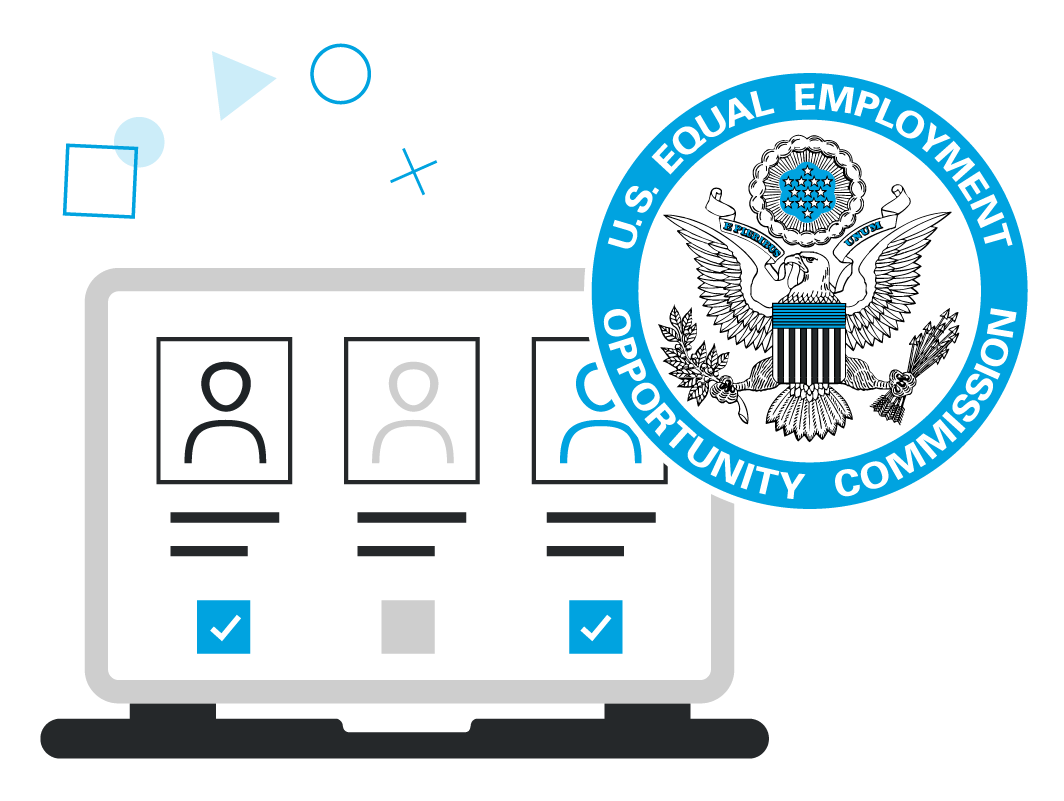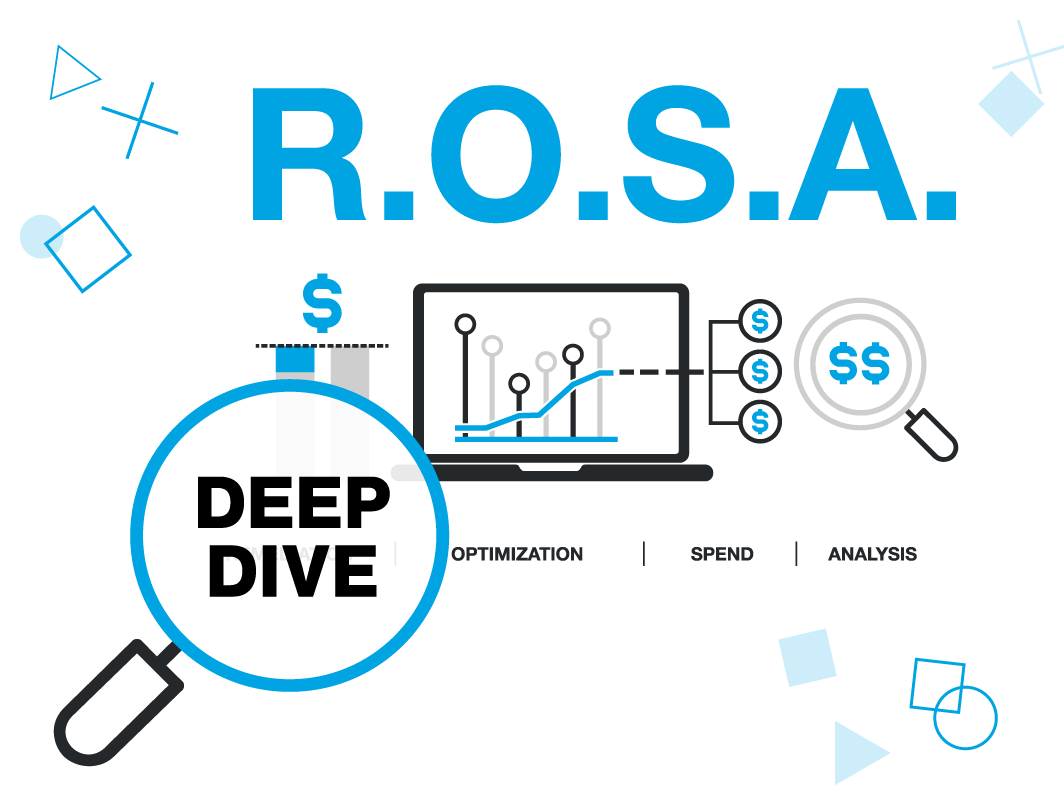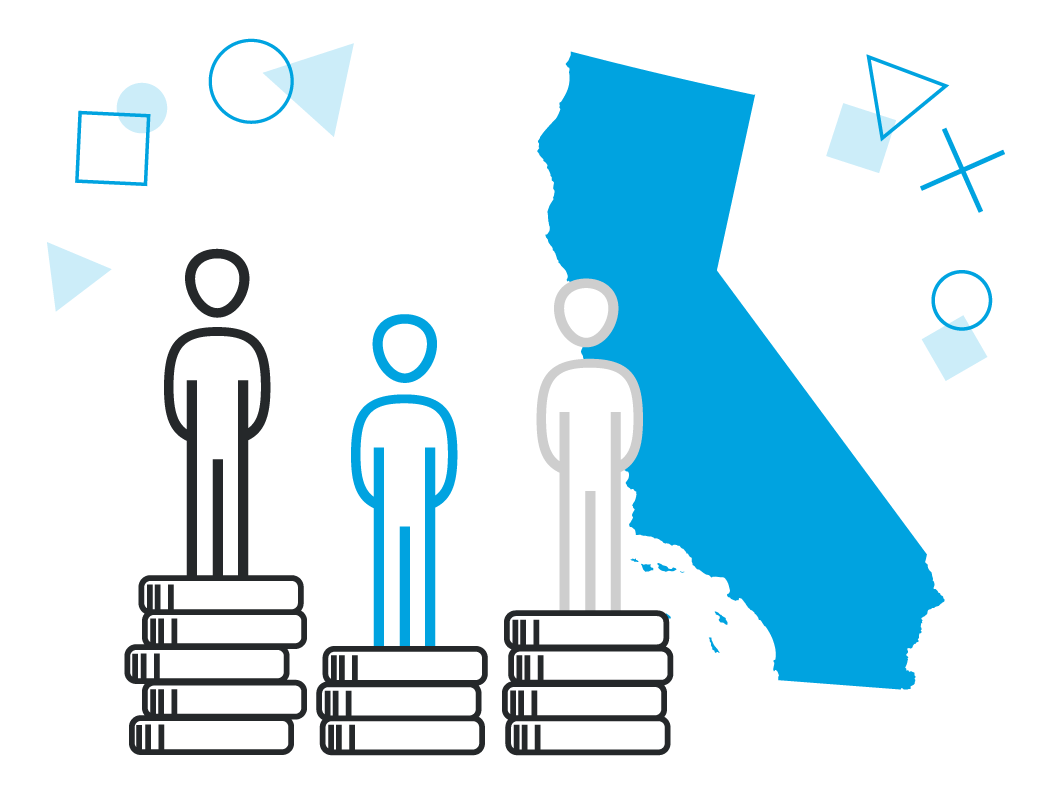
![]()
Five years ago, several players of the U.S. Women’s National Soccer Team (USWNT) sued the U.S. Soccer Federation for gender pay discrimination. Last week, they reached a $24 million settlement, paving the way for equal pay in women’s sports.
Of the total payout, $22 million will be awarded to the players of USWNT, like star athletes Megan Rapinoe and Alex Morgan, who led the charge throughout the case. The remaining $2 million will be set aside for charitable efforts as well as for player retirement and post-career goals.
While the lump sum falls short of the more than $60 million in back pay the team was fighting for, it’s a major advancement for women’s sports and the larger fight for equal pay. Alex Morgan said, “I not only see this as a win for our team or women’s sports but women in general.”
Perhaps the greatest victory to come from this landmark case is that the U.S. Soccer Federation will pay men and women equally for athletic performance, including tournaments like the World Cup.
In a joint statement issued by the U.S. Soccer Federation, they said “Getting to this day has not been easy. The U.S. Women’s National Team players have achieved unprecedented success while working to achieve equal pay for themselves and future athletes. Today, we recognize the legacy of the past USWNT leaders who helped to make this day possible, as well as all of the women and girls who will follow. ”
The case was a hard-fought one and it originally started in 2016, when five members of USWNT filed a complaint with the Equal Employment Opportunity Commission (EEOC).
It wasn’t until 2019 that the group grew to 28 and they sued the U.S. Soccer Federation for gender discrimination. Even with more voices making resounding calls for equal pay, they faced an uphill battle.
Shortly after filing, in May 2020, a district court judge dismissed the case on the basis that the team actually earned more than the men’s team for 2015 through 2019.
The team filed an appeal citing a flawed approach in determining equal pay, saying specifically, “Under the court’s approach, the women had to be the best in the world to achieve the same per-game pay as the much less successful men. That is not an equal rate of pay.”
A partial settlement was reached later that year, but it was not the win the team was looking for. They pressed on with their case and received backing support from five federal agencies, including the EEOC, which identified two critical mistakes made by the district court judge.
The case didn’t end there, however. According to a post by NPR, “Several of the players filed an appeal on the equal pay claims in July 2021, saying the judge had not looked at rates of pay and the fact that women had to win more often than men in order to receive bonuses.”
It took several more months to finally reach the settlement we saw last week. But one thing is certain, the soccer playing field is better because of it, and women players will receive equal pay moving forward. Rapinoe recently tweeted, “When we win, everyone wins!”
USWNT’s success in the courtroom signals a critical shift in sports, and also for the much larger working environment. Pay equity is a human right, and organizations must rise to the occasion to meet their corporate responsibility of providing it to their employees.
What steps is your organization taking to ensure pay equity? It’s a question that deserves thoughtful consideration.
A great place to start is to undergo a pay equity audit. Conducting this analysis will identify existing pay gaps and pay disparities across your workforce. From there, you can resolve any unexplained wage differences and create a genuine path forward for achieving and sustaining pay equity. Our PayParity solution will help you address pay disparities and position you as a leader in pay equity.
If you’re interested in learning more about pay equity, download our white paper, Designing a Successful Pay Equity Policy for Your Organization below:




